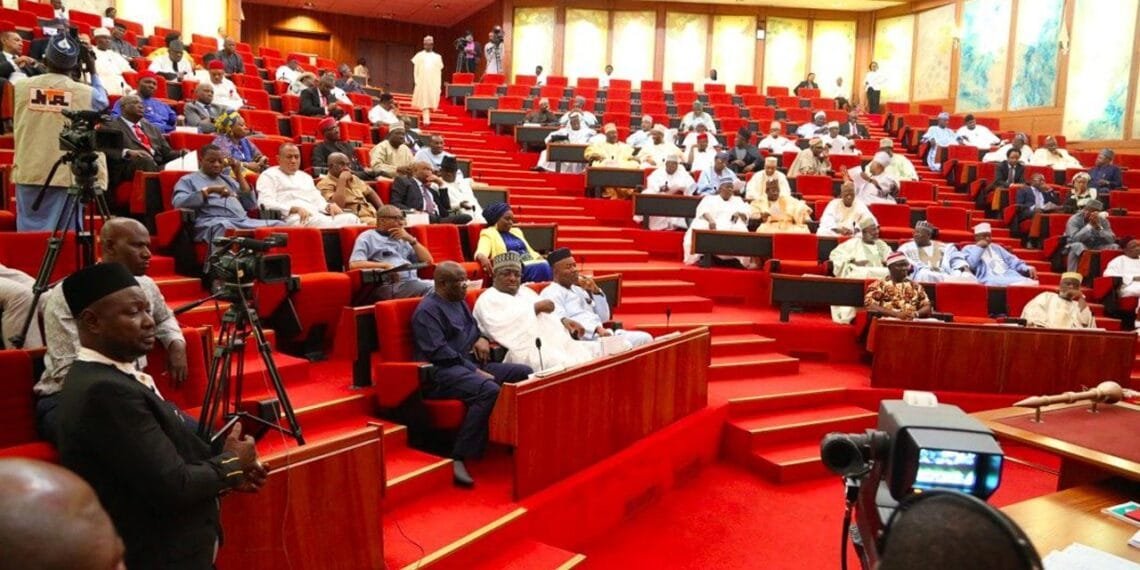The Nigerian Senate has stirred the nation, proposing a new revenue-sharing formula that would allocate 55% of Value Added Tax (VAT) revenues to state governments. This bold initiative seeks to reshape Nigeria’s fiscal structure, empowering states with greater financial autonomy to address pressing local challenges.
The proposed legislation, now in its second reading, outlines significant adjustments to the current VAT distribution framework. Under the existing model, states receive 50% of VAT collections, while the federal government takes 15%, and local government areas (LGAs) receive 35%. The new bill proposes raising the state share to 55%, reducing the federal allocation to 10%, and maintaining the LGAs’ share. This shift is seen as a step towards addressing longstanding debates on fiscal federalism, aiming to decentralize financial resources and foster grassroots development.
One of the bill’s highlights is the introduction of zero VAT on exports, designed to stimulate Nigeria’s export sector and promote economic diversification. Advocates of the reform believe it will provide states with the financial independence needed to invest in critical areas such as infrastructure, healthcare, and education. Senator Adeola Adeyemi from Lagos State, a vocal supporter, declared, “This reform is not just about redistribution; it’s about restructuring Nigeria for the future, giving states the tools they need to thrive.”
However, the proposed changes have not gone unchallenged. Critics, including prominent lawmakers and economic experts, have raised concerns about potential mismanagement of the additional funds at the state level. Senator Ali Ndume from Borno State cautioned, “While this bill is well-intentioned, we must ensure that it doesn’t create loopholes for financial recklessness among state governments.”
Economists are divided on the bill’s potential impact. Dr. Uche Nwosu of Lagos Business School praised the initiative as a pathway to economic diversification, predicting it could foster healthy competition among states and enhance efficiency in resource utilization. In contrast, financial analyst Mfon Akpan warned of possible economic disparities, noting that states with weaker administrative capacities might struggle to manage the increased revenue effectively.
Read also: Burden of oil exploration, need to save Isoko Nation from extinction
The reform has also sparked broader discussions about the federal government’s diminished role in national development financing. With its allocation reduced to 10%, some analysts fear that federally driven projects, especially in less financially robust regions, could suffer setbacks.
As the bill moves to the committee stage, it will undergo rigorous review, including consultations with state governments, the Federal Inland Revenue Service (FIRS), and other stakeholders. The Senate has pledged transparency and public involvement in shaping the final version of the legislation, emphasizing its commitment to aligning the reform with Nigeria’s national interests.
This proposed tax reform marks a pivotal moment in Nigeria’s economic and political landscape. By redistributing financial resources, it aims to empower states to take charge of their development agendas. However, its success will depend on ensuring accountability, building state-level capacity, and addressing potential inequalities.
As the debate unfolds, the nation watches closely, aware that the outcome could redefine Nigeria’s fiscal framework and chart a new course for sustainable growth and equitable development.






